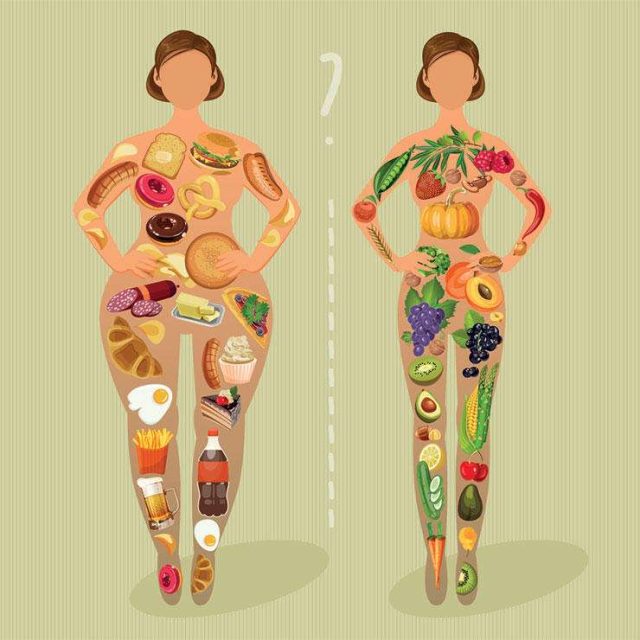Welcome to our blog, where we delve into the topic of dieting approaches. Join us as we explore different types of diets, considerations for choosing a suitable approach, potential benefits and challenges, and strategies for long-term success. Let’s gain a better understanding of dieting and make informed decisions regarding our dietary choices.
Understanding Dieting:
1.1 Definition and Objectives:
Defining dieting as the practice of regulating food intake with the goal of achieving specific health or weight-related outcomes.
Discussing common objectives of dieting, such as weight loss, weight maintenance, managing specific health conditions, or improving overall well-being.
1.2 Types of Diets:
Exploring various popular dieting approaches, such as the Mediterranean diet, ketogenic diet, paleo diet, vegetarian or vegan diets, low-carb diets, and intermittent fasting.
Discussing the principles, food restrictions, and potential benefits associated with each diet type.
Considerations for Choosing a Diet:
2.1 Individual Needs and Health Goals:
Emphasizing the importance of considering individual needs, preferences, and health goals when selecting a dieting approach.
Discussing how factors such as age, sex, activity level, existing health conditions, and personal beliefs can influence dietary choices.
2.2 Nutritional Adequacy:
Addressing the significance of ensuring a diet provides all essential nutrients, vitamins, and minerals to meet the body’s requirements.
Discussing the potential risks of nutrient deficiencies or imbalances associated with certain restrictive diets and the importance of proper planning or professional guidance.
2.3 Sustainability and Long-Term Compliance:
Highlighting the importance of choosing a dieting approach that is sustainable and can be followed in the long term.
Discussing the potential challenges of highly restrictive or extreme diets and the benefits of finding a balanced approach that fits with one’s lifestyle and preferences.
Potential Benefits and Challenges of Dieting:
3.1 Weight Management:
Exploring the potential benefits of dieting for weight loss, including improved body composition and reduced risk of obesity-related health conditions.
Discussing the challenges associated with maintaining weight loss in the long term and the need for sustainable dietary habits.
3.2 Health and Disease Prevention:
Addressing the potential benefits of certain diets in reducing the risk of chronic diseases, such as heart disease, diabetes, or certain types of cancer.
Discussing the importance of a well-rounded diet and the potential risks of focusing solely on specific dieting approaches without considering overall nutritional needs.
3.3 Psychological and Emotional Considerations:
Exploring the psychological and emotional impact of dieting, including the potential benefits of improved self-esteem and body image.
Discussing the challenges associated with strict dieting, such as feelings of deprivation, guilt, or developing an unhealthy relationship with food.
Strategies for Long-Term Success:
4.1 Balanced and Varied Eating:
Emphasizing the importance of a balanced and varied diet that includes a wide range of nutrient-dense foods.
Discussing the benefits of incorporating whole grains, lean proteins, fruits, vegetables, and healthy fats in appropriate portions.
4.2 Portion Control and Mindful Eating:
Exploring strategies for portion control and mindful eating, such as listening to hunger and fullness cues, practicing mindful meal planning, and avoiding emotional or distracted eating.
4.3 Regular Physical Activity:
Highlighting the significance of regular physical activity in conjunction with a healthy diet for overall well-being.
Discussing the benefits of combining exercise and dietary changes for weight management, improved cardiovascular health, and enhanced mood.
4.4 Seeking Professional Guidance:
Addressing the importance of consulting registered dietitians or healthcare professionals for personalized advice and guidance when embarking on a dieting journey.
Discussing how professionals can provide evidence-based recommendations, address individual needs, and monitor progress effectively.
Conclusion:
As we conclude our exploration of dieting approaches, it is essential to approach dietary changes with careful consideration and long-term success in mind. By understanding different types of diets, considering individual needs and health goals, and adopting sustainable strategies, we can make informed decisions regarding our dietary choices. Let’s prioritize balanced nutrition, mindful eating, and a holistic approach to health that extends beyond temporary dieting trends.





















